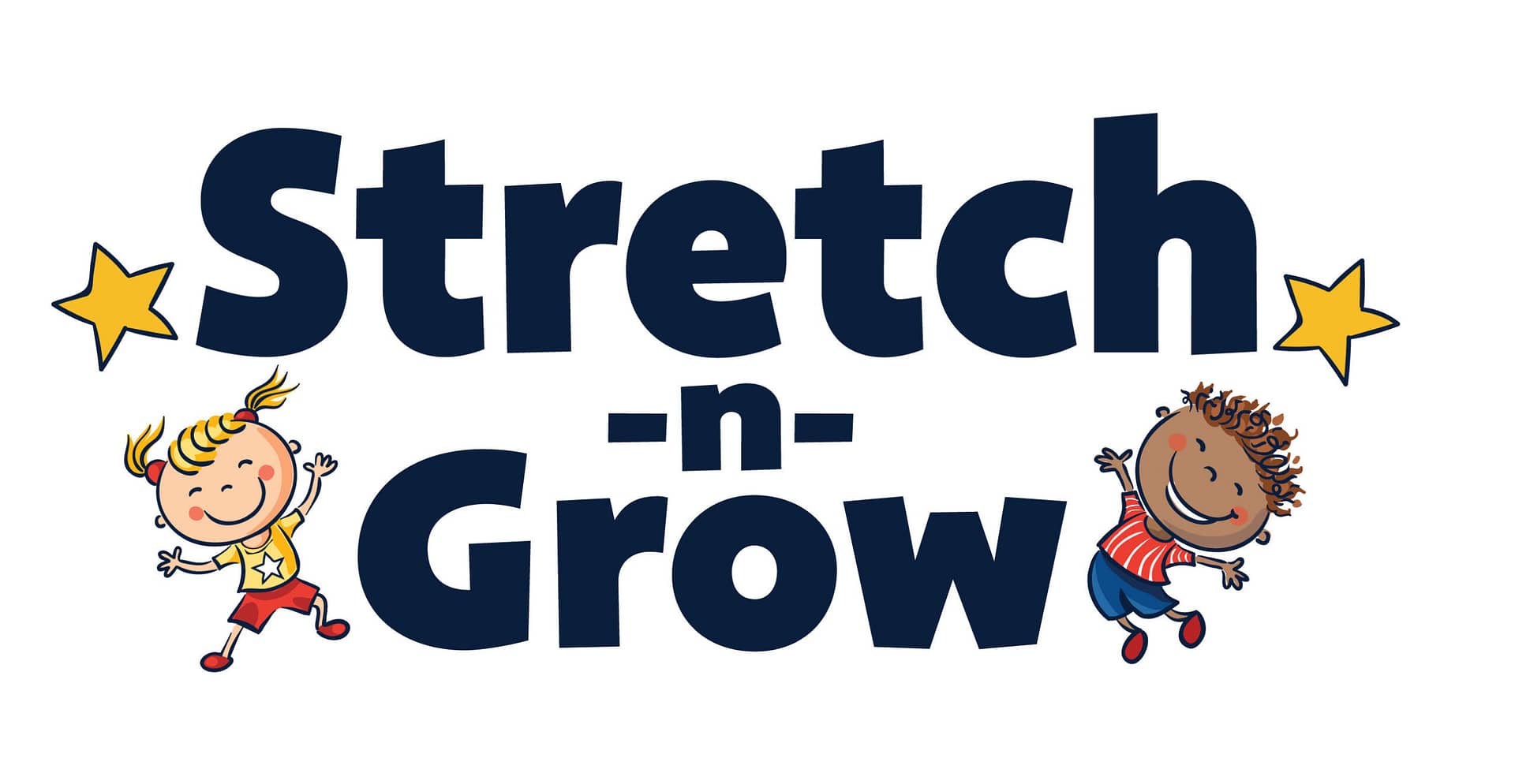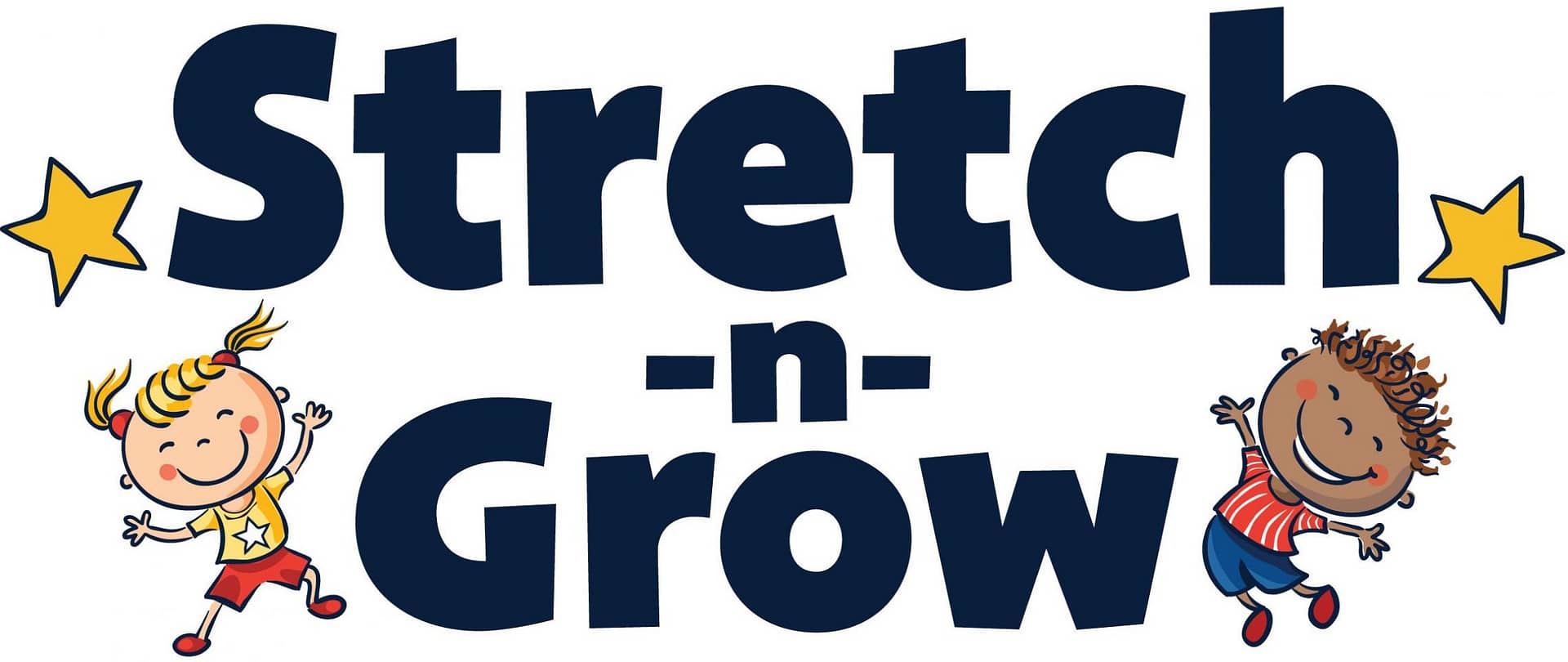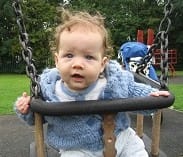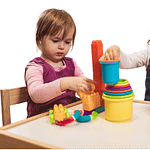From a Stretch-n-Grow perspective, good parenting isn’t about perfection—it’s about partnership, presence, and purpose. The goal is to raise happy, healthy, and confident children by creating a nurturing environment that supports physical, emotional, and cognitive development.
Core Traits of Good Parents in the Stretch-n-Grow Philosophy
- Active Engagement: Good parents participate in their child’s wellness journey—whether it’s joining in movement games, reading handouts, or reinforcing healthy habits at home.
- Positive Reinforcement: They celebrate effort over perfection, encouraging children to try new things and build self-esteem through praise and support.
- Consistency & Structure: They provide routines that balance activity, rest, nutrition, and emotional connection—helping children feel safe and thrive.
- Open Communication: They listen actively, ask questions, and create space for children to express themselves, fostering emotional intelligence and trust.
- Modeling Healthy Choices: Children learn by example. Parents who prioritize movement, hydration, and balanced meals inspire their kids to do the same.
How Stretch-n-Grow Supports Parents
- Weekly updates and handouts that reinforce class themes and offer tips for home engagement
- Certified instructors who serve as wellness allies, helping parents understand their child’s developmental milestones
- Resources on nutrition, movement, and emotional wellness, making it easier for families to adopt healthy routines together
A Stretch-n-Grow Mantra
“Train up a child in the way he should go, and when he is old, he will not depart from it.” – Proverbs 22:6
This philosophy underscores the importance of early, intentional guidance—and parents are the most powerful guides of all.
More on
If you would like more information on our programmes or if you have any questions, Contact us. Stretch-n-Grow is a Worldwide programme
In Germany, more than 2000 people were interviewed over a period of several years as part of a social survey – before they became parents and in the first few years of parenthood, and were asked to rate their own happiness during that time.
On average, researchers Rachel Margolis and Mikko Myrskylä found that in the first year of life, parents’ levels of happiness were “devastatingly bad — worse than divorce, worse than unemployment and worse even than the death of a partner.”
And, of course, a significant portion of mothers suffer from Post Natal Depression, making those early years the most difficult and stressful of their lives.
But what we do need to reassure the not-parents-yet amongst us is that yes, for most of us, happiness as we knew it may throw itself out of the window when we have babies, but what replaces it is so, so much more.





